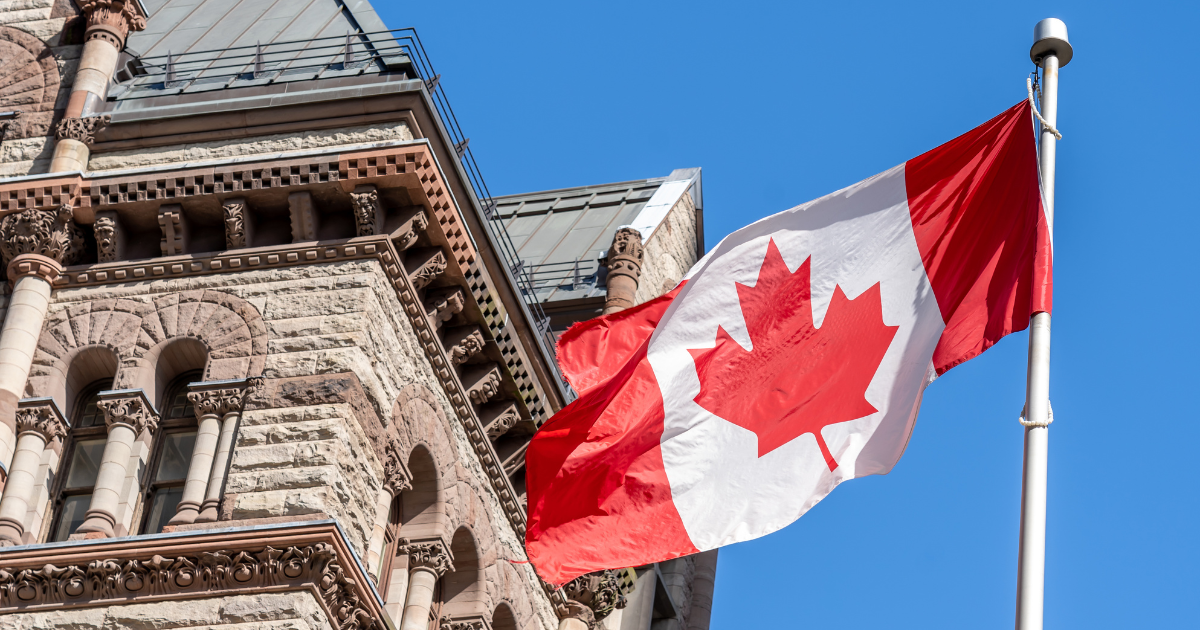Navigating a new country’s healthcare system can be a daunting experience. For international students in Australia, understanding the intricacies of healthcare access is crucial for a safe and successful stay. While most are aware of the mandatory Overseas Student Health Cover (OSHC), many are unfamiliar with the full extent of their entitlements and the various ways to access medical services efficiently and affordably. This guide uncovers ten lesser-known aspects of healthcare in Australia that every international student should know.

Understanding the Nuances of Your OSHC
Your Overseas Student Health Cover is more than just a visa requirement. It is your key to accessing the robust Australian healthcare system. However, not all OSHC policies are created equal. Different providers offer varying levels of cover. It is essential to read your policy documents carefully. Look beyond the basic inclusions to understand the full scope of your benefits.
Many students are unaware of the specific waiting periods that apply to their OSHC. While emergency situations are typically covered from day one, there are often waiting periods for pre-existing conditions. This can range from two months for psychiatric conditions to twelve months for pregnancy-related services. Understanding these waiting periods is vital to avoid unexpected out-of-pocket expenses.
The Power of Direct Billing in Healthcare in Australia
One of the most significant financial reliefs for students is the option of direct billing. Many medical clinics, especially those on or near university campuses, have agreements with OSHC providers to bill them directly. This means you may not have to pay for the consultation upfront. You simply present your OSHC card, and the clinic handles the payment process with your insurer.
Finding a direct billing doctor can save you from the hassle of paying and then lodging a claim for reimbursement. Most OSHC providers have a list of direct billing clinics on their websites. It is a simple step that can make a huge difference to your budget. Always inquire about direct billing when you book an appointment to streamline your healthcare experience in Australia.
Reciprocal Healthcare Agreements A Hidden Benefit
A little-known fact is that Australia has Reciprocal Healthcare Agreements (RHCA) with several countries. These agreements may entitle students from those nations to some subsidised healthcare through Medicare, Australia’s public health system. Countries with such agreements include the United Kingdom, New Zealand, and several European nations.
If you are from an RHCA country, you may be able to access medically necessary treatments in a public hospital. However, it is crucial to understand that an RHCA is not a replacement for OSHC. Your student visa still requires you to have OSHC. Think of the RHCA as a potential top-up to your existing cover, offering additional peace of mind.
The Rise of Telehealth Services
In today’s digital age, accessing healthcare in Australia has become more convenient than ever. Telehealth services, which involve consulting a doctor or other health professional via video call or phone, are widely available. Many OSHC providers now include telehealth consultations in their coverage. This is an excellent option for non-emergency medical advice, prescription renewals, or mental health support.
Telehealth can save you time and travel costs. It also provides a discreet and accessible way to seek medical help. Check with your OSHC provider about their preferred telehealth platforms and any associated costs. This modern approach to healthcare is transforming access for students across Australia.
Free Health Services You Might Be Missing
Beyond your OSHC, several free health services are available to international students. Many universities offer free or low-cost counselling and mental health support services on campus. These services are confidential and staffed by qualified professionals who understand the unique pressures faced by students.
Additionally, sexual health clinics in many cities provide free and confidential testing and advice. There are also national and state-based health hotlines that offer free medical advice from registered nurses 24/7. These resources are invaluable for quick queries and guidance on whether you need to see a doctor.
On-Campus vs. Off-Campus Healthcare Costs
University health services are often the most convenient and cost-effective option for students. Many on-campus clinics offer direct billing to OSHC providers, minimising your upfront costs. They are also familiar with the specific health needs and insurance policies of international students, making the process smoother.
While off-campus clinics provide a wider choice of practitioners, it’s essential to inquire about their billing policies. Some may not offer direct billing, requiring you to pay the full fee and claim a portion back from your OSHC insurer. This can result in a ‘gap fee’ that you have to cover yourself.
OSHC Extras for Comprehensive Wellbeing
Your standard OSHC policy typically does not cover services like dental, optical, or physiotherapy. However, most providers offer ‘extras’ cover for an additional premium. Investing in an extras policy can save you a significant amount of money on these essential services.
Regular dental check-ups, new glasses or contact lenses, and physiotherapy sessions can be expensive without cover. Before purchasing extras, assess your individual needs. Compare the costs and benefits of different policies to find one that offers value for money and supports your overall health and wellbeing.
Navigating the Pharmaceutical Benefits Scheme (PBS)
The Pharmaceutical Benefits Scheme (PBS) is an Australian Government program that subsidises the cost of many prescription medicines. International students with OSHC are generally not directly eligible for the full benefits of the PBS. However, your OSHC policy will typically provide a benefit for a portion of the cost of PBS-listed medications.
It is important to understand how your OSHC covers pharmaceuticals. There is usually an annual limit on how much you can claim for medications. Always ask your doctor if a generic brand of medication is available, as this can often be a cheaper alternative.
Don’t Underestimate the Power of Waiting Periods
As mentioned earlier, waiting periods are a crucial aspect of OSHC. For pre-existing conditions, a waiting period of up to 12 months may apply. This means that if you have a health issue before arriving in Australia, you may not be covered for treatment related to that condition for the first year of your policy.
It is vital to declare any pre-existing conditions to your OSHC provider when you purchase your policy. Being transparent from the outset can prevent claim rejections and unexpected financial burdens later on. Plan ahead for any ongoing medical needs you may have.
Student Health Advocacy Services Your Support System
Navigating the complexities of healthcare in a new country can be challenging. Many universities and student unions have advocacy services that can help you understand your rights and resolve any issues you may have with healthcare providers or your OSHC insurer.
These services can provide independent advice and support. They can help you with a range of issues, from understanding a medical bill to making a complaint. Do not hesitate to reach out to these services if you need assistance. They are there to ensure you receive fair and appropriate care throughout your studies in Australia.
Follow us on social media and website for more insights!









